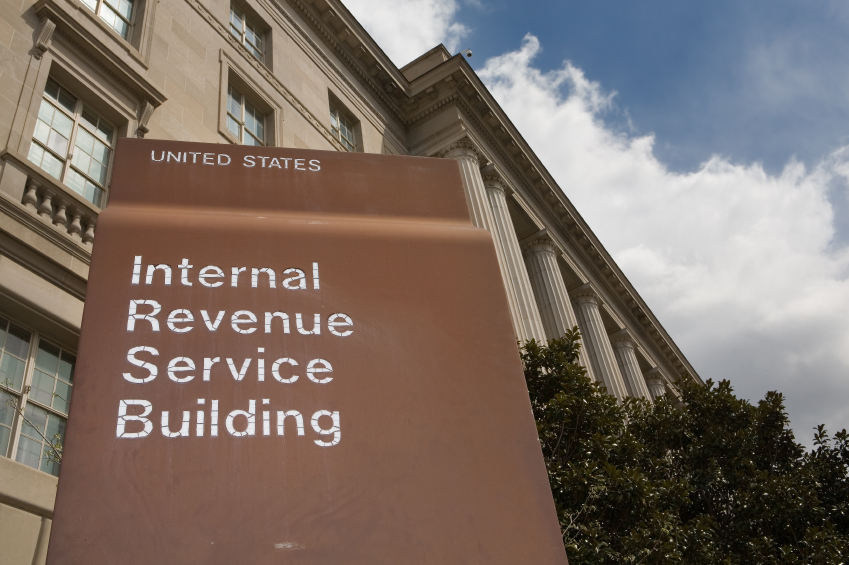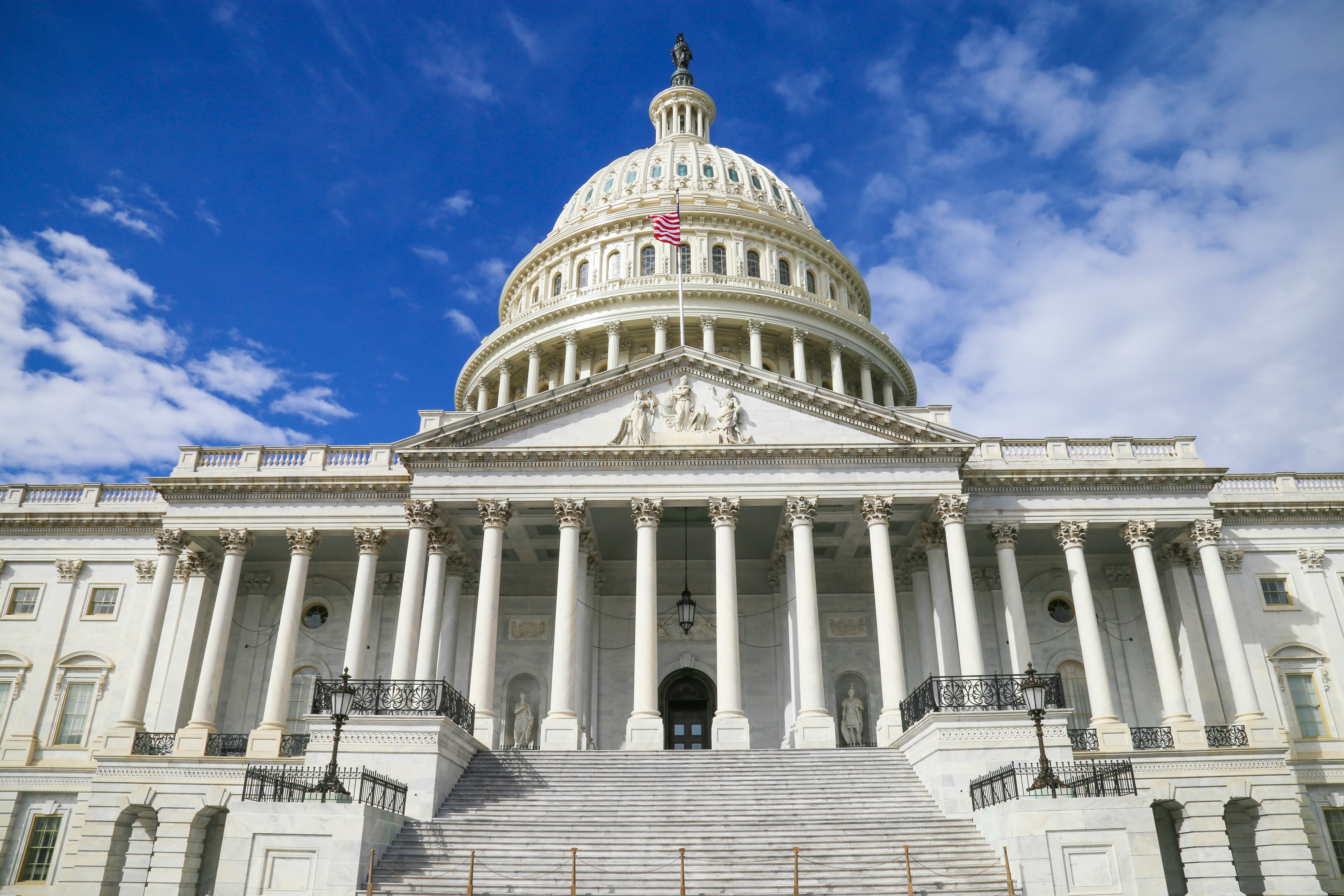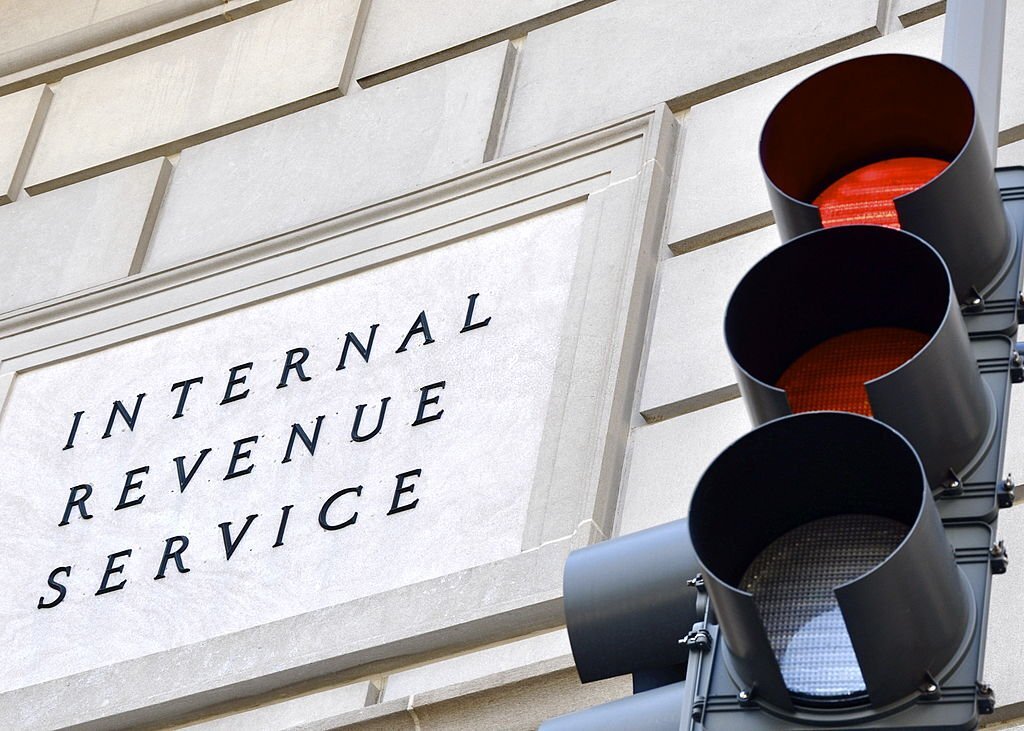There is good news and bad news contained in a new report from the Treasury Inspector General for Tax Administration (TIGTA) about the IRS’s handling of advance child tax credit payments to taxpayers last year.
First, the good news: In its audit—which was initiated to assess IRS processes and procedures to ensure that child tax credit advance periodic payments were accurate and made to only those taxpayers who met qualification requirements—TIGTA found that the IRS correctly sent more than 175.6 million payments to recipients, totaling approximately $75.6 billion, between July and November 2021.
Now the bad news: TIGTA also found that 3.3 million payments, totaling more than $1.1 billion, were sent to 1.5 million taxpayers who should not have received the money. In addition, the IRS did not send 8.3 million payments, totaling about $3.7 billion, to 4.1 million eligible taxpayers.
The American Rescue Plan Act of 2021, which was approved by Congress and enacted on March 11, 2021, expanded the child tax credit and authorized monthly payments, with differing amounts, to eligible individuals and families based on their adjusted gross incomes and, if they have kids, their children’s ages.
The first monthly payments were issued on July 15, only four months after the law was enacted, and ended before January 1, 2022. As of December 2021, the IRS had issued 216.9 million payments, totaling $93.5 billion.
While mistakes were made by the IRS, TIGTA did praise the tax agency for readying itself for this “significant undertaking” in a short period of time:
Overall, the IRS’s efforts to implement this legislation directly resulted in assisting millions of taxpayers in obtaining advance Child Tax Credit payments. As stated previously, the IRS deployed the first release of the Child Tax Credit Update Portal on June 21, 2021, and issued the first monthly payments on July 15, 2021, only four months after legislation was enacted. Accomplishing this required a significant undertaking on the IRS’s part to develop processes/procedures to determine eligibility, compute payment amounts, and develop an online portal and non-electronic assistance options for taxpayers to provide the IRS with updates to key information used to compute the amount of payments.
Of the taxpayers who erroneously received advance child tax credit payments, TIGTA said there were instances in which a dependent did not meet age requirements, was deceased, or was claimed on another tax return.
TIGTA said in the report:
During the course of our audit, we independently identified taxpayers who were eligible for advance Child Tax Credit payments. This was done to allow us to then evaluate whether the IRS correctly issued advance Child Tax Credit payments to only those individuals who were eligible. When we identified instances in which taxpayers received erroneous advance Child Tax Credit payments, we immediately notified IRS management to determine the cause of the erroneous payment, and more importantly to ensure that they took action(s) to prevent additional advance Child Tax Credit payments from being issued to ineligible taxpayers for the subsequent monthly payments.
TIGTA said it used the same approach to identify taxpayers who were eligible to receive an advance child tax credit payment but had not been issued a payment by the IRS. For the July and August 2021 payments, TIGTA said it “immediately notified IRS management to determine the cause of the nonpayment and ensure that action(s) were taken to send payments to eligible taxpayers.”
In its official response to TIGTA’s findings, the IRS highlighted its 98% accuracy rate during the limited timeframe provided. The tax agency added that “[t]hese achievements were accomplished while the IRS was addressing challenges associated with the coronavirus-19 pandemic on in-person processes and while implementing retroactive legislation that affected tax year 2020 returns after the filing season was underway.”
The IRS said it worked closely with TIGTA audit staff “who provided near real-time analysis and issue identification at frequent and regular intervals.”
Many people who received payments they should not have gotten were required to pay the money back on the 2021 tax returns they filed in early 2022, the Wall Street Journal noted.
Similarly, people who did not receive the advanced payments during 2021 could claim the full amounts they were eligible for on their tax returns, though the lack of payments may have affected them during 2021. This group included people with taxpayer identification numbers that are provided for people without Social Security numbers.
Thanks for reading CPA Practice Advisor!
Subscribe Already registered? Log In
Need more information? Read the FAQs
Tags: Income Taxes, IRS, Taxes




